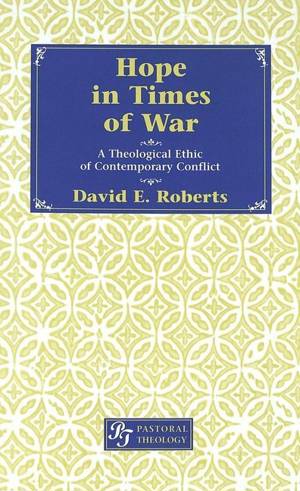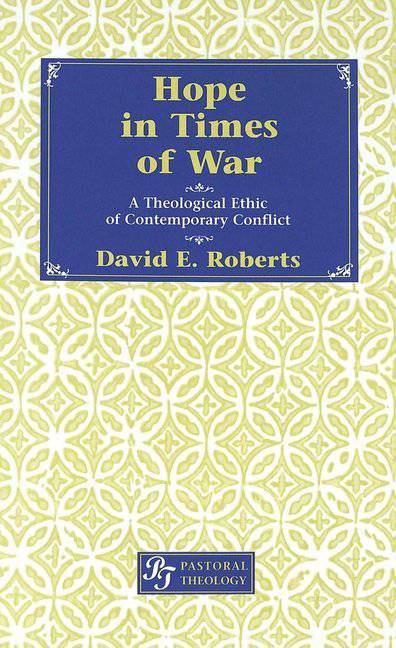
- Afhalen na 1 uur in een winkel met voorraad
- Gratis thuislevering in België vanaf € 30
- Ruim aanbod met 7 miljoen producten
- Afhalen na 1 uur in een winkel met voorraad
- Gratis thuislevering in België vanaf € 30
- Ruim aanbod met 7 miljoen producten
Zoeken
€ 92,45
+ 184 punten
Omschrijving
Hope in Times of War: A Theological Ethic of Contemporary Conflict builds on the work of Karl Barth and H. Richard Niebuhr concerning the second World War to propose an alternative to the classical just-war theory. This theological ethic argues that God must remain primary in ethical decision-making, while allowing for meaningful human action in response to prior divine acts in history. In this way we can be realistic as to the boundaries of human action while remaining hopeful for the future. We do this by realizing that human beings are not rational beings who seek logic and rationality in all their experiences but as symbol-users who strive to understand ourselves and our world by means of symbols or patterns from our traditions. For Christians, Jesus Christ is central to these symbols, and Trinitarian symbols can be used to understand the ethical problem presented by war. The book's final chapter applies this model to Yugoslavia and demonstrates how one ought to think ethically about conflict situations.
Specificaties
Betrokkenen
- Auteur(s):
- Uitgeverij:
Inhoud
- Aantal bladzijden:
- 212
- Taal:
- Engels
- Reeks:
- Reeksnummer:
- nr. 4
Eigenschappen
- Productcode (EAN):
- 9780820457697
- Verschijningsdatum:
- 12/06/2003
- Uitvoering:
- Hardcover
- Formaat:
- Genaaid
- Afmetingen:
- 160 mm x 230 mm
- Gewicht:
- 430 g

Alleen bij Standaard Boekhandel
+ 184 punten op je klantenkaart van Standaard Boekhandel
Beoordelingen
We publiceren alleen reviews die voldoen aan de voorwaarden voor reviews. Bekijk onze voorwaarden voor reviews.











